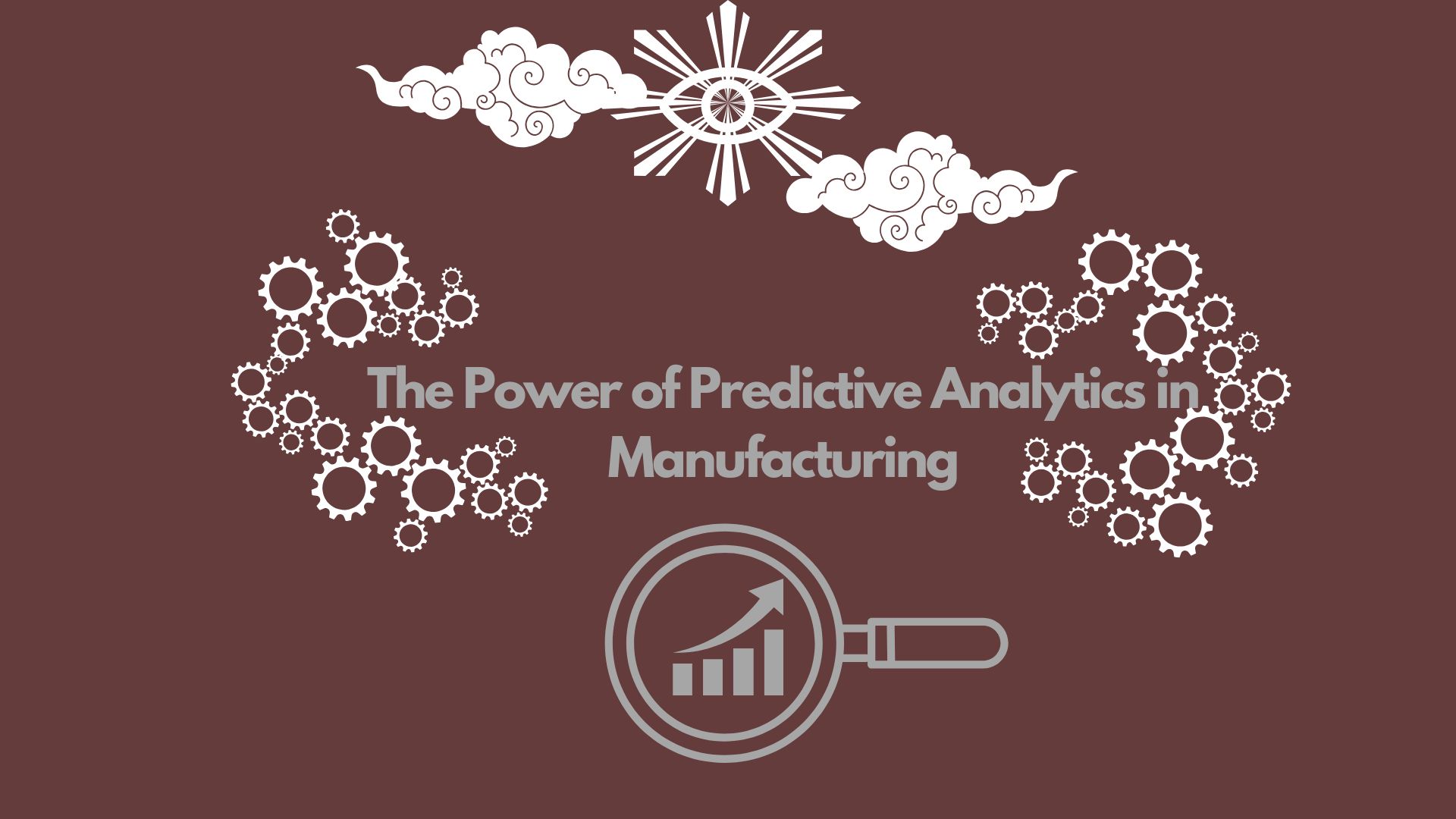Introduction
Predictive analytics is transforming the manufacturing landscape by providing insights that help optimize processes, improve product quality, and reduce downtime. This blog explores how predictive analytics is revolutionizing manufacturing and the benefits it brings to the industry.
Understanding Predictive Analytics in Manufacturing
Predictive analytics uses historical data, machine learning algorithms, and statistical models to forecast future events. In manufacturing, this means anticipating equipment failures, predicting maintenance needs, and optimizing production schedules.
Key Applications of Predictive Analytics in Manufacturing
- Predictive Maintenance: Using sensor data and machine learning to predict equipment failures before they occur, allowing for timely maintenance and reducing downtime.
- Quality Control: Analyzing production data to identify patterns that lead to defects, enabling manufacturers to take corrective actions before quality issues arise.
- Supply Chain Optimization: Forecasting demand and optimizing inventory levels to ensure timely delivery of materials and products while minimizing costs.
- Production Planning: Using data-driven insights to optimize production schedules, improve resource utilization, and reduce bottlenecks.
- Energy Management: Monitoring energy usage and predicting consumption patterns to optimize energy use and reduce costs.
Benefits of Predictive Analytics in Manufacturing
- Increased Efficiency: Real-time data analysis and forecasting enable manufacturers to optimize operations and improve productivity.
- Cost Savings: Predictive maintenance and optimized production schedules reduce operational costs and minimize downtime.
- Improved Quality: Identifying and addressing potential quality issues before they impact production helps maintain high-quality standards.
- Better Decision-Making: Data-driven insights enhance decision-making processes, enabling manufacturers to respond quickly to changing conditions.
- Enhanced Competitiveness: Leveraging predictive analytics helps manufacturers stay ahead of the competition by improving efficiency, quality, and customer satisfaction.
Case Study: Predictive Analytics at [Company Name]
[Company Name], a global automotive manufacturer, has implemented predictive analytics across their production facilities:
- 25% Reduction in Downtime: Predictive maintenance has significantly reduced unexpected equipment failures.
- 15% Increase in Production Efficiency: Optimized production schedules and resource utilization have improved overall efficiency.
- Enhanced Quality Control: Real-time data analysis has reduced defects and improved product quality.
Conclusion
Predictive analytics is a powerful tool that enables manufacturers to optimize processes, reduce costs, and improve product quality. By leveraging data-driven insights, manufacturers can enhance efficiency, make better decisions, and maintain a competitive edge in the industry.
4o









